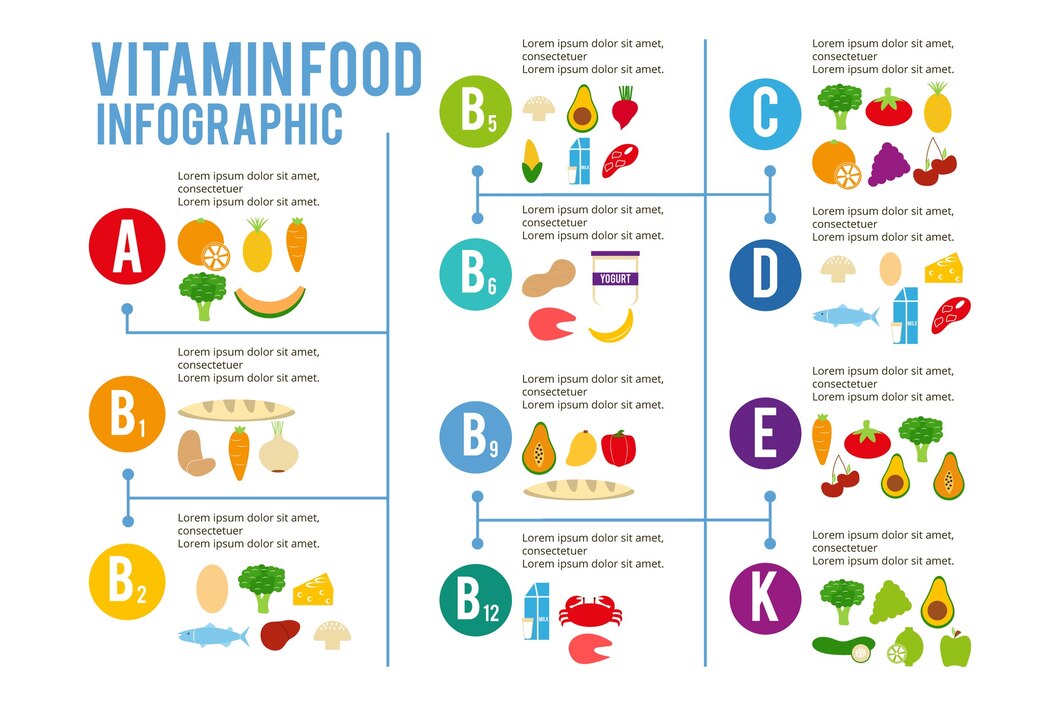Vitamin B13, or orotic acid, is a less commonly known member of the B-vitamin family, yet it is crucial for energy production and metabolic processes. Understanding its role in the body can help in recognizing its importance in maintaining energy levels and overall health.
Understanding Vitamin B13
-
Definition and Function:
-
Vitamin B13 is a water-soluble vitamin that plays a role in the synthesis of nucleotides, which are the building blocks of DNA and RNA. It is essential for cell division and growth, as well as for the proper functioning of the nervous system.
-
Sources of Vitamin B13:
-
Dietary Sources: Vitamin B13 can be found in various foods, including dairy products, liver, and certain vegetables like beets and carrots.
-
Supplements: For those who may not get enough Vitamin B13 from their diet, supplements are available to ensure adequate intake.
-
Vitamin B13 and Energy Production
-
Metabolic Role:
-
Vitamin B13 is involved in the metabolic pathways that convert food into energy. It helps in the synthesis of ATP (adenosine triphosphate), the primary energy carrier in cells. This process is vital for sustaining energy levels throughout the day.
-
Support for Mitochondrial Function:
-
The mitochondria, known as the powerhouses of the cell, rely on various nutrients, including Vitamin B13, to function optimally. Vitamin B13 supports mitochondrial health, ensuring efficient energy production and reducing the risk of fatigue and weakness.
Impact on Overall Health
-
Cardiovascular Health:
-
Adequate levels of Vitamin B13 contribute to cardiovascular health by supporting the production of nucleotides necessary for the repair and maintenance of heart tissue. This helps in maintaining a healthy and functional cardiovascular system.
-
Nervous System Support:
-
Vitamin B13 is crucial for the proper functioning of the nervous system. It aids in the synthesis of neurotransmitters, which are essential for nerve signal transmission. This helps in maintaining cognitive function and reducing the risk of neurological disorders.
Benefits of Vitamin B13
-
Enhanced Energy Levels:
-
By playing a critical role in ATP production, Vitamin B13 helps in maintaining high energy levels. This is particularly beneficial for individuals who engage in strenuous physical activities or those experiencing chronic fatigue.
-
Improved Cellular Health:
-
Vitamin B13 supports cell growth and repair, ensuring that the body’s cells are healthy and functioning efficiently. This contributes to overall well-being and vitality.
-
Potential in Managing Certain Health Conditions:
-
Emerging research suggests that Vitamin B13 may have potential therapeutic benefits in managing conditions like chronic fatigue syndrome and certain metabolic disorders. Further studies are needed to fully understand its therapeutic potential.
Incorporating Vitamin B13 into Your Diet
-
Dietary Recommendations:
-
Including foods rich in Vitamin B13 in your diet is the best way to ensure adequate intake. Incorporate dairy products, liver, and vegetables like beets and carrots into your meals.
-
Supplementation:
-
For those who may have difficulty getting enough Vitamin B13 from dietary sources, supplements are an option. It is important to consult with a healthcare provider before starting any new supplement regimen.
Vitamin B13 plays a vital role in energy production and overall metabolic health. By supporting ATP synthesis and mitochondrial function, it helps maintain energy levels and contributes to overall well-being. Understanding the importance of this vitamin can encourage individuals to ensure adequate intake through diet or supplements, promoting better health and vitality.




